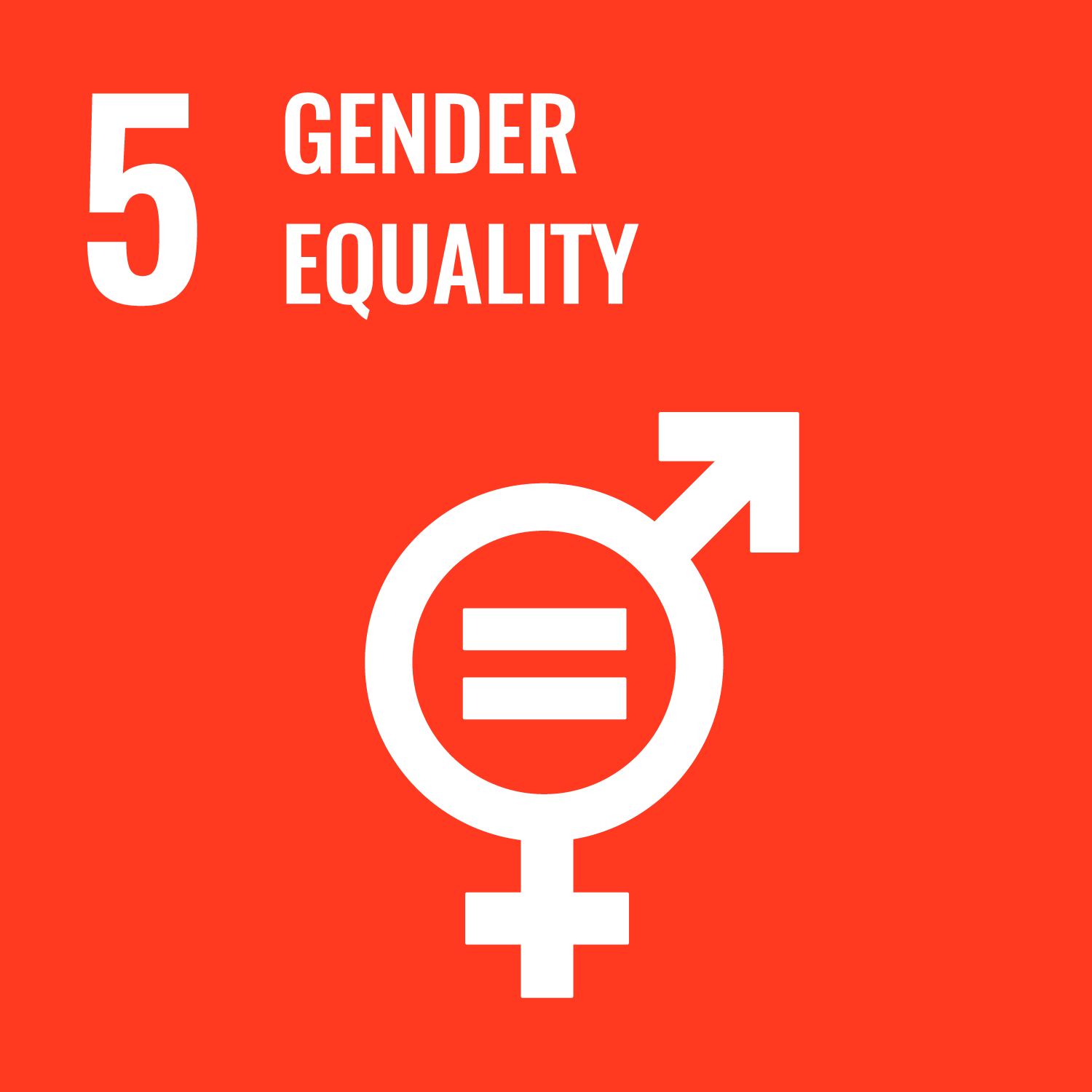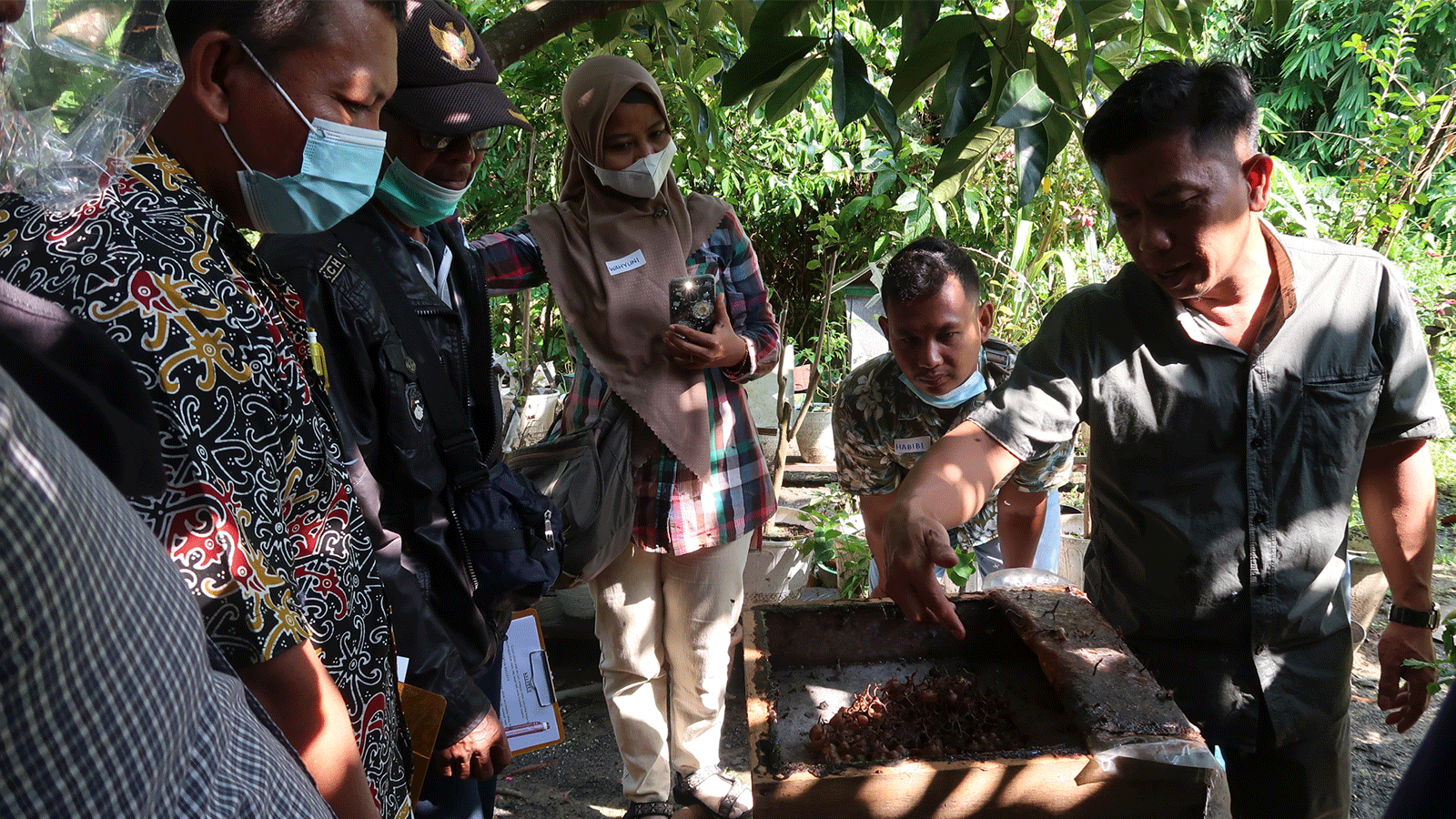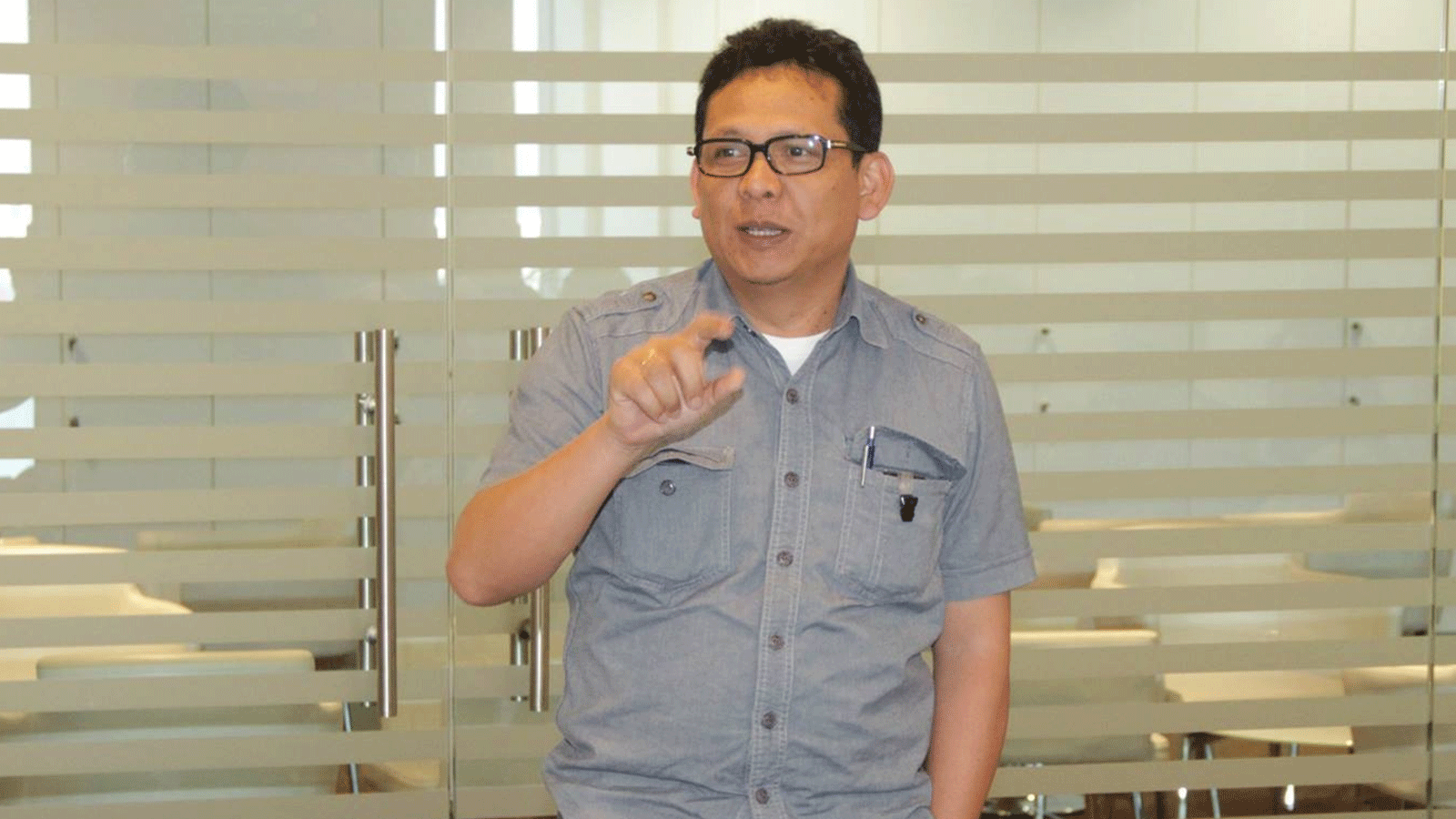Peatland management and rehabilitation




OBJECTIVES
The land-use practices in the peat ecosystems in North Kalimantan (including the Kayan Sembakung Delta) and East Kalimantan (including the Middle Mahakam area) are ecologically more sustainable.
DESCRIPTION
PROPEAT is commissioned by the German Federal Ministry for Economic Cooperation and Development (BMZ) and executed by GIZ together with the Indonesian Ministry of Environment and Forestry (KLHK). Peatlands and wetlands play an essential role in various aspects of livelihood, such as economic development, biodiversity conservation, and hydrological regulation. They are considered highly important for climate change mitigation. However, the complexity of these ecosystems often does not lead to significant considerations in regional development processes. Integrated planning is essential to balance ecological, economic, and social aspects in the development process.
Sufficient data and information is the basis for implementing integrated planning. The PROPEAT project supports the provision of more accurate data as the basis for the planning, management, and protection of peat and wetland ecosystems in North Kalimantan and East Kalimantan. Simultaneously, the project also promotes more sustainable management practices at the field level. The project´s learning processes are expected to generate input for future governance improvement.
Since the project activities were expanded from North Kalimantan to East Kalimantan, the amendment of the implementation agreement is under preparation. For this reason, the project is entirely operated in North Kalimantan while the project preparation is running in East Kalimantan with all staff in place.
APPROACH/FIELD OF INTERVENTION
- The project’s key approach is capacity building on different levels in order to ensure sustainable peatland and wetland management in the intervention areas
- POROPEAT supports the integrative planning of peatland management together with local partners in order to harmonize ecological and economic aspects in North and East Kalimantan.
- Promoting the preparation of Peat Ecosystem Protection and Management Plans, including the preparation of the legal framework with regard to policies and guidelines required for the integrated peatland and wetland management and rehabilitation.
- Mainstreaming the issue at the sub-national level in both provinces through the integration of peat ecosystem management into regional development strategies.
- Integration of the Peatland Ecosystem Management Plans into the district spatial planning and the development plans in order to support the long-term protection and sustainable management of peatlands.
- Comprehensive inventory of peat ecosystem characteristics in North Kalimantan and East Kalimantan provinces and districts where peat ecosystems are located
- Various applied studies and the development of pilot activities are expected to support the learning and documentation of peatland and wetland management practices.
- The project focuses on activities and practices that improve peat and wetland ecosystem management at the field site level. These activities involve communities that live around peatland and wetland ecosystems, extension agents, and FMU managers.
- The involvement of the private sector complements the joint efforts to maintain the ecological functions of peat.
- The project disseminates studies and pilot results for sustainable peatland management, documentation of findings from applied research, and field experiences at the local, national, and international level. The study and pilot results can be used as recommendations for the development of policies, procedures, and guidelines on sustainable peatland management.
TARGETED BENEFICIARIES
Local governments and communities that live around peat and wetland ecosystems receive access based on their needs. The project implementation includes technical advisory and information dissemination, knowledge and capacity building, and various activities that strengthen the awareness of the peatland and wetland ecosystems’ essential functions.
It is expected that the community welfare will increase following the efforts in improving peatland management and in strengthening institutions.
HIGHLIGHT ACTIVITIES
- Support the integration of peatland and mangrove management issues into the Forest Management Unit’s (Kesatuan Pengelolaan Hutan (KPH)) management plan as well as into regional and sector planning.
- Strengthening the capacities of local authorities through various technical trainings.
- Provide advisory on the integration of peat management and rehabilitation within the provincial Green House Gas emission mitigation plans.
- Strengthen the local communities’ capacities for sustainable peatland and wetland management through a farmer-to-farmer study exchange program and it has been supporting social forestry implementation in selected villages.
- Conduct various studies for the development of sustainable and integrated peatland management plans: development of a strategic plan for the management of the Kayan Sembakung Delta, socioeconomic studies, terrestrial and aquatic biodiversity assessment, carbon assessment in peatlands and mangroves, capacity building needs assessment (aimed to set the Strategic Capacity Development in sustainable peat and wetland management) and gender study.
- A series of webinars has been performed during the pandemic that was based on the study results
SUCCESS STORIES
Strategic Plan for the Rehabilitation and Revitalization of the Kayan Sembakung Delta
The Project supports the Government of North Kalimantan in the protection and sustainable management of Wetlands. The Indonesian Ministry of Forestry and Environment has developed a new approach of Peatland Hydrological Ecosystem Units (KHG) which is in line with the ‘Low Carbon Development Approach’, Indonesia’s new green development concept.
PROPEAT works in 29 KHGs in the provinces North Kalimantan and East Kalimantan. The 13 KHGs in North Kalimantan are located in the Kayan Sembakung Delta which includes the districts Tarakan, Tata Tidung, Bulungan and Nunukan. The delta covers peat domes, peat areas, protected mangrove areas, mangrove forests, rivers and further wetland areas.
In 2020, PROPEAT supported the Government of North Kalimantan in developing the ‘Strategic Plan on the Management and Rehabilitation of the Kayan Sembakung Delta’. From 1991 to 2016, a total of 581.000 Ha of wetlands in the delta were converted into traditional and industrial pond businesses. It has impacted to economic fishery contributions increased from IDR 4.053 trillion (2015), 4.182 trillion (2016), 4.476 trillion (2017), 5.510 trillion (2018), and 6.337 trillion (2019).
The Provincial Government of North Kalimantan incorporated the protection and sustainable management of peatlands and mangroves in its development planning. Mr. Risdianto S.Pi, M.Si, Head of Agency for Development Planning and Research Development emphasizes the importance of the Kayan sembakung Delta Strategic Plan:
“It is an important cooperation to support the Governor’s vision for developing the Delta Kayan Sembakung to be a sustainable and highly competitive agromina (agro- forestry and fishery) area and to become a strategic foundation for balancing economic aspects and sustainable wetland and coastal management. The DKS Strategic Plan has also been incorporated into the programmatic and budget plans of all Provincial Government Offices. This leads to the implementation of a cross-sector oriented approach for improving community welfare and livelihoods.”
Collaborative Applied Research on Sustainable Peatland Protection and Management Strengthens the Capacity of Local Universities in North and East Kalimantan.
Local universities and non-governmental organizations are highly important in promoting the sustainable protection and management of wetlands (peatlands and mangroves) in the provinces East Kalimantan and North Kalimantan. PROPEAT supports the capacity building of local scholars and researchers in East Kalimantan and North Kalimantan (University of Mulawarman, University of KALTARA and University of Borneo Tarakan) by facilitating collaborative applied research both with the local institutions and international research centres (University of Hamburg and Greifswald Mire Centre).
The applied research covers the issues of biodiversity and socio-economic baseline development in the Kayan Sembakung Delta landscape and produced several publications such as: i) Biodiversity Album, ii) Ethno-Botanical Book, iii) Fish Species Book, and iv) Fish Species Identification Guideline and other reports. In addition, knowledge sharing and exchange as well as trainings have been facilitated in order to publish research results in international journals focusing on sustainable wetland protection and management.
It is important for local universities in North Kalimantan to strengthen capacities through applied research on wetland protection and management. Prof. Dr. Ir. Abdul Jabarsyah, M.Sc, Rector of KALTARA University emphasizes the importance of GIZ PROPEAT’s support for local scholars and students:
“It is the first time that the KALTARA University conducts an international cooperation. This increases our confidence in developing global networks. The cooperation has several direct positive impacts for us. For instance, a new Study Center of Biodiversity and Environment is established, international conferences are conducted, new networks with Japan and Chechnya are initiated, and the students’ research with focus on wetland protection and management increased. Currently, several publication drafts for international journals are in the proofreading process.”
COUNTRY
Indonesia
DURATION
2019 - 2022
Commission Agency
BMZ
SDG










